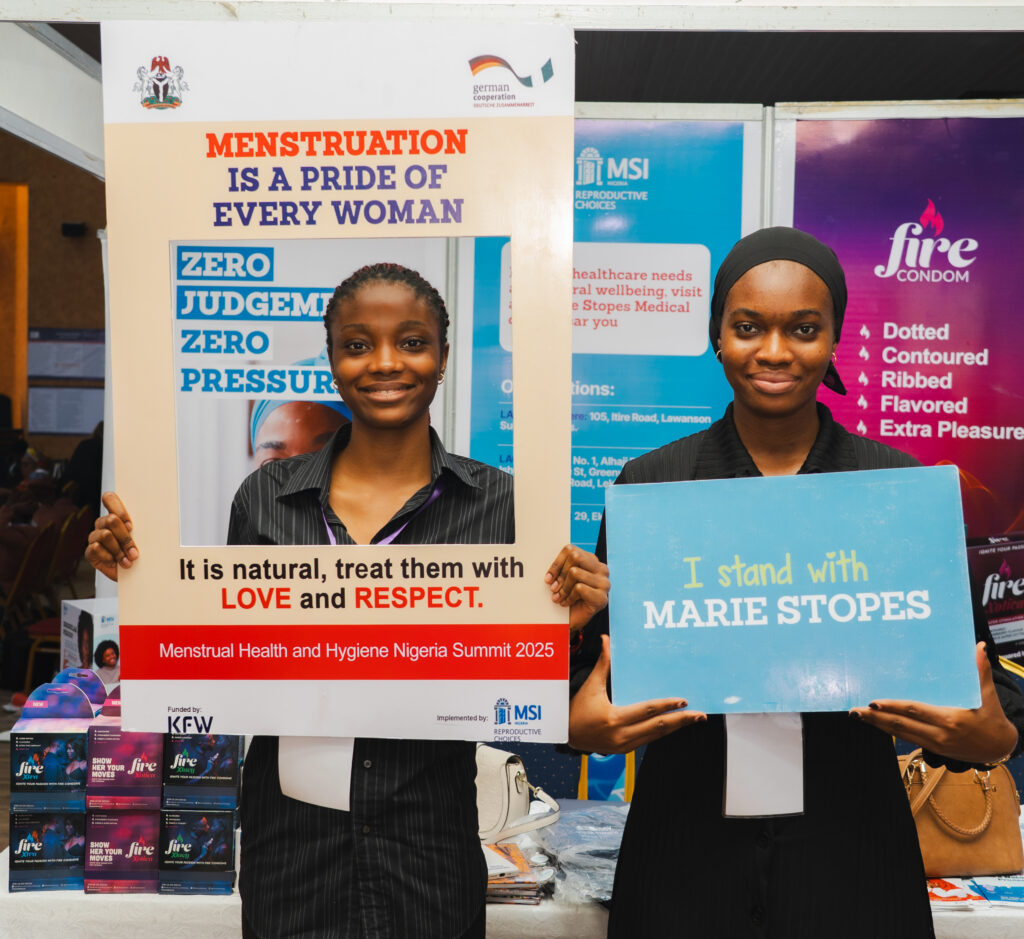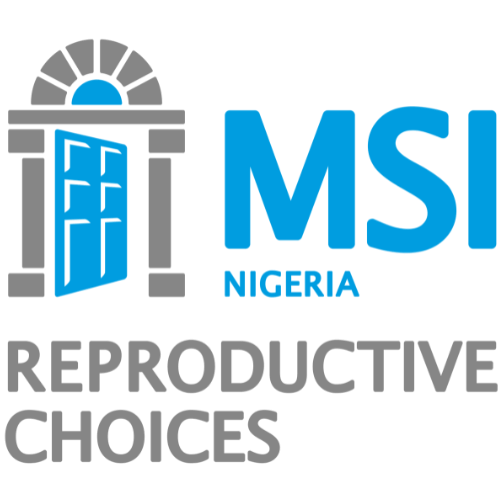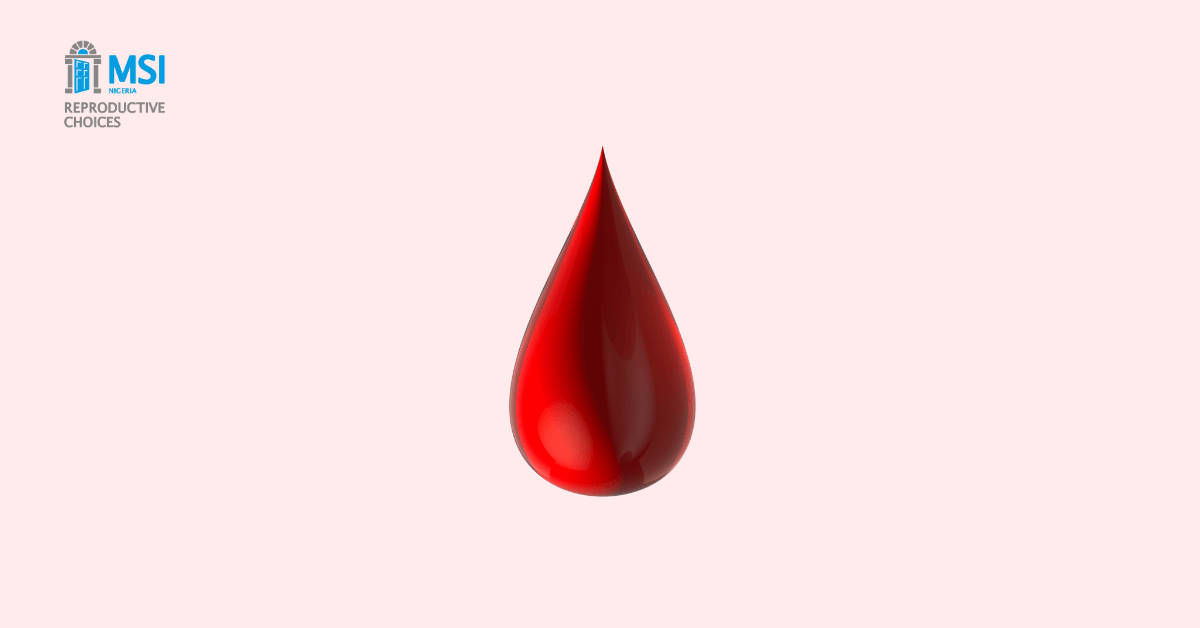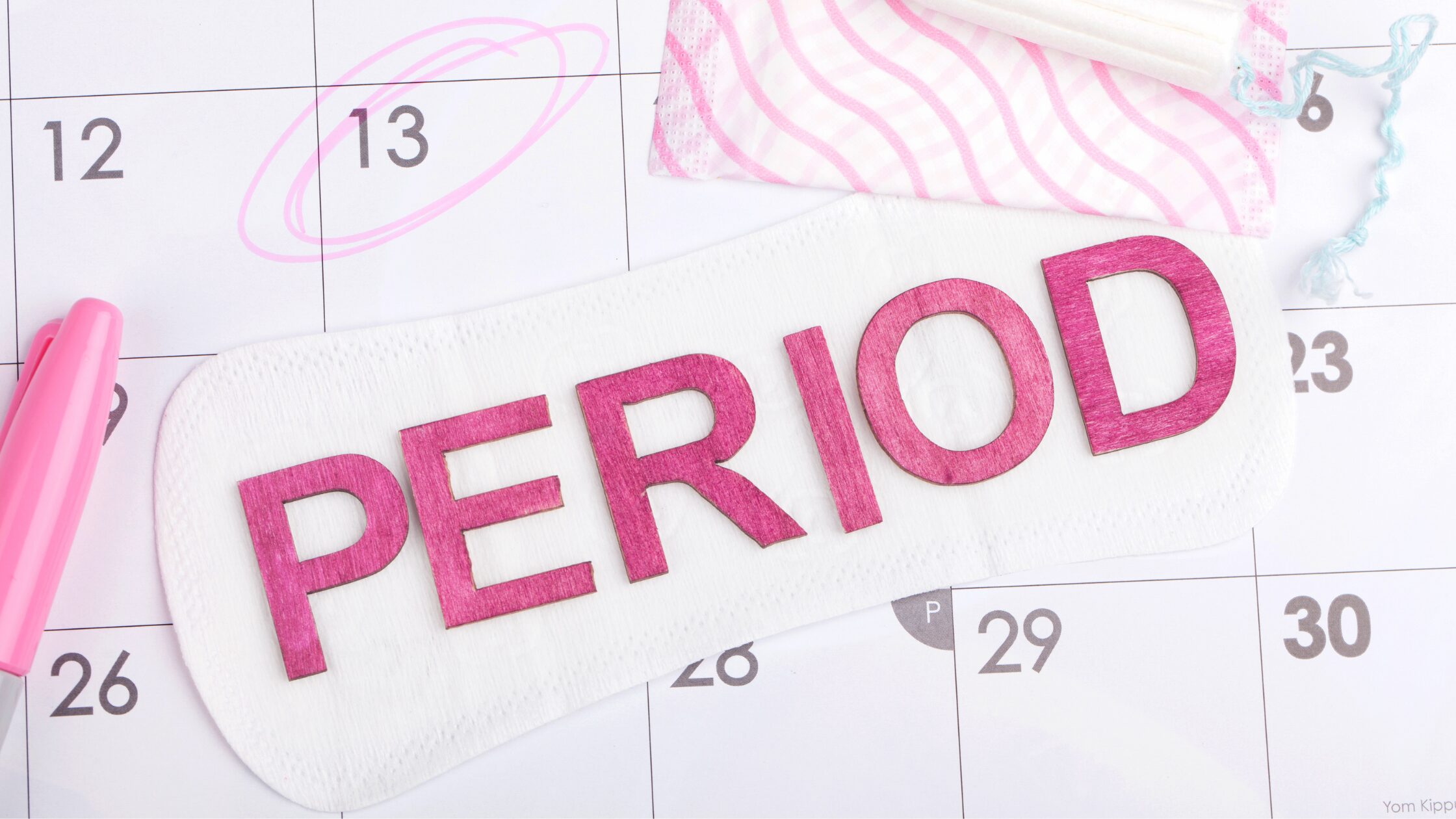
Story by: Precious Anigbo
In some communities where MSI Nigeria implements the Reproductive Health and Pandemic Resilience project in Northern Nigeria, menstrual health and hygiene have been a recurrent issue for women, especially adolescent girls. An example is 14-year-old Aisha, who lives in a rural community. For her, menstruation isn’t just a natural cycle, it’s a monthly source of fear, shame, and silence.
Each time her period starts, she knows she will miss out on activities, even school. While she is scared of staining her uniform and dreads the teasing from boys, she also finds the pain uncomfortable. Using sanitary pads is a luxury for her, so she uses folded cloths instead. When the pain gets unbearable, she stays in bed, missing class tests and falling behind.
Aisha’s story is a typical experience of many girls in poor rural communities who face various struggles due to poor menstrual health management.
It is in creating awareness and advocating for an ideal menstrual health for women and girls that MSI Nigeria joined other stakeholders in the Menstrual Health and Hygiene Management Summit 2025.
The Federal Ministry of Women Affairs, through Wonder Woman Nigeria and Alora Pads, convened the maiden edition of the summit in Abuja on Thursday, June 26, 2025. It was a high-level national gathering focused on breaking down the barriers that menstruation often places on the education, health, dignity and social wellbeing of women and girls.
MSI Nigeria, through its Reproductive Health and Pandemic Resilience (RHPR) project, supported by KfW, is committed to changing stories like Aisha’s. In Adamawa, Kebbi, Taraba, Zamfara, and Katsina states, MSI Nigeria is working alongside the government to train healthcare providers, integrate menstrual health into primary health services, and ensure that girls and women can access information, support, and care with dignity.
At the event, MSI Nigeria set up a booth with a display of various messages and IEC materials to showcase the work of the organization on SRH/Menstrual health in Nigeria and how MSI Nigeria is integrating menstrual health across other SRH services.
Key messages from the menstrual health and hygiene management conference include:
- Menstruation is natural and nothing to be ashamed of
- Menstrual health must be integrated into national policy and health budgets
- Communities thrive when girls and women are empowered to manage their periods with dignity
The MHHM summit is a step forward, but the real change happens in the communities, health centres, and homes where girls like Aisha live. And that’s where MSI Nigeria continues to be, every day, to provide information and service delivery for better menstrual health for women and girls.







